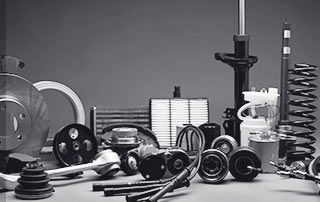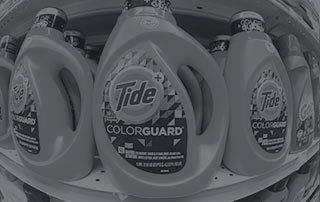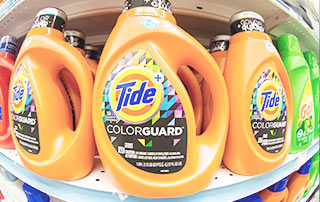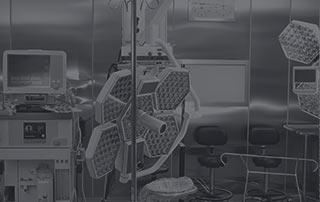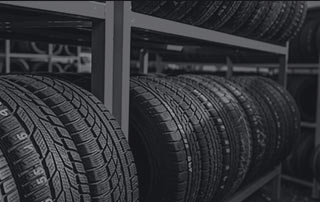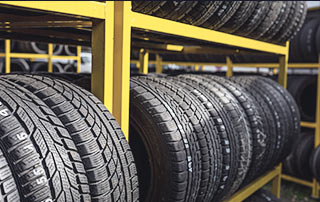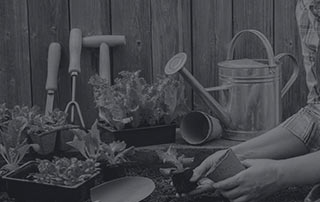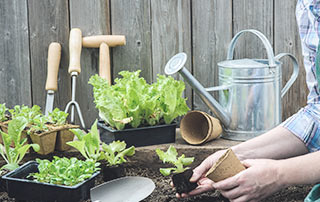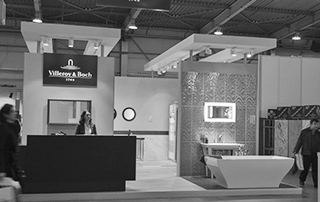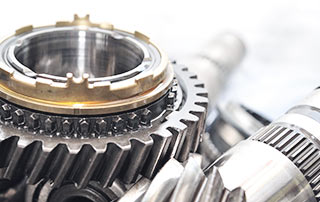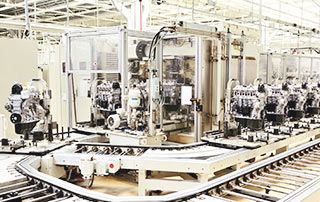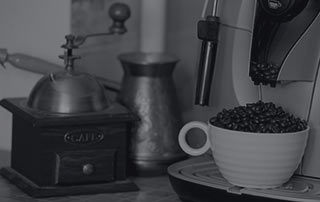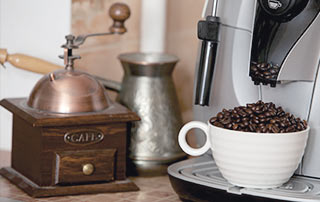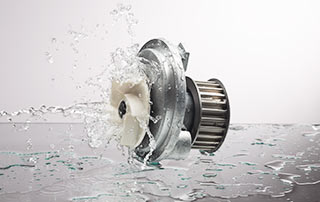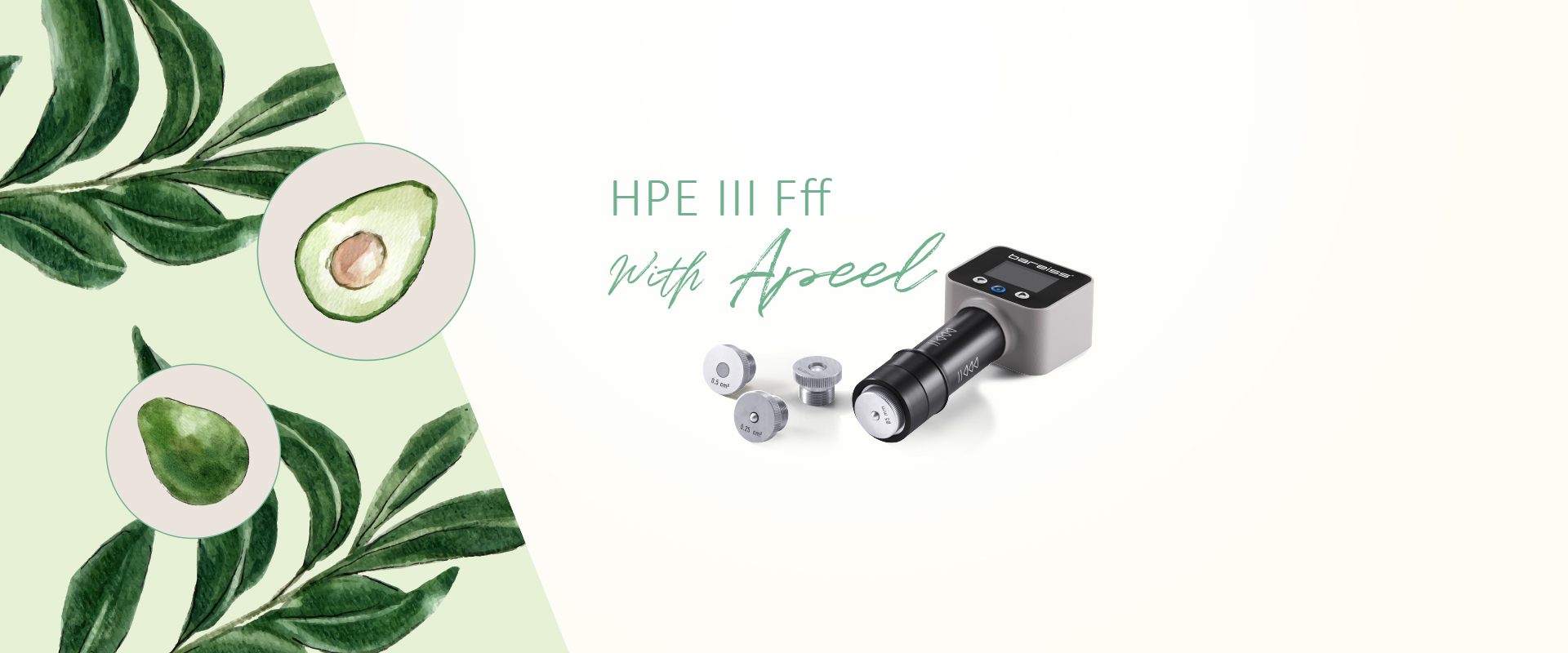
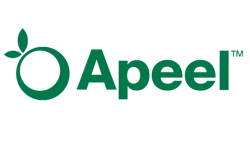
Apeel Sciences – avocado peel hardness test
Founded in 2012, Apeel Sciences focuses on the research and development of the protective layer of fruit, which is tasteless and edible, and can increase the natural shelf life of fruit by more than two times. Their research and development achievements have transformed the massive waste of human food resources in the past.
Apeel CEO James Rogers founded the Santa Barbara, California-based company in 2012. With the financial support of the Bill and Melinda Gates Foundation, Rogers developed an organic skin for fruits, which would contribute to an extended shelf life, especially in countries where the cooling infrastructure is absent. The application is derived from lipids and glycerolipids found in the peels, skins and seeds of fruits and vegetables, essentially coating produce with produce.
The protective coating extends the perishability window of produce, giving the supply chain more time to sort, ship and deliver high-quality fruits and vegetables while minimizing waste. It also means more value is created from farmer to grocer to consumers at home and much less food goes to waste. That’s good news for our growing global population and for our planet.
To develop this protective skin in a targeted manner, a process is required to break up the degrees of avocado ripeness in detailed segments, within the edible hardness range. While the processes available in the market are still technically acceptable for the very hard state of a fruit, the resolution within the edible range is no longer sufficient. Another considerable disadvantage of the current processes is the destruction of the fruit during the actual measurement. Major Fruit and Vegetable producers have long been concerned about the waste that occurs while regulating the hardness stages of avocado.
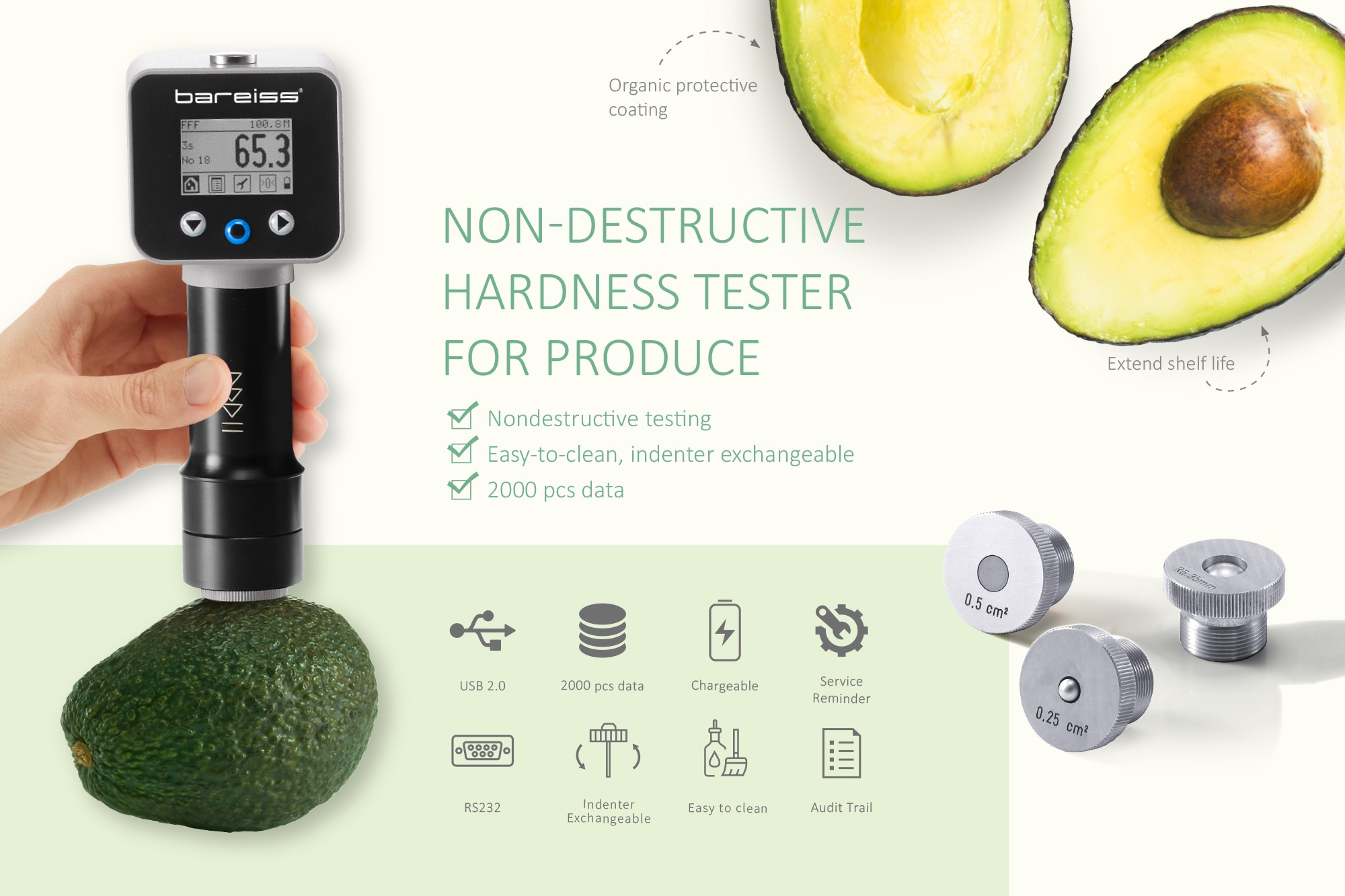
As part of the search for a process suitable for the development of a non-destructive firmness tester, the Penetrometer and the HPE III Fff from Bareiss were compared with regards to its process capability. Apeel quickly realized that using our device would benefit their research, cause no destruction to the fruit, and embrace their vision of minimizing waste. The sensitivity in the edible range is way better and therefore the discriminability is better. In addition, the HPE III Fff offers the option of recording the ambient temperature and the relative humidity, showing all the data on a large, illuminated display. Thanks to the internal memory, which can store up to 2000 measured values, this data can be transmitted on-site or subsequently transferred to a laboratory system via the supplied interface cable for detailed evaluation.
As Apeel continues to expand their protective coating formulas to other fruits and vegetables, Bareiss looks forward to providing them the same firmness tester with exchangeable pressure plates suitable for measuring those items from harvest to home.

